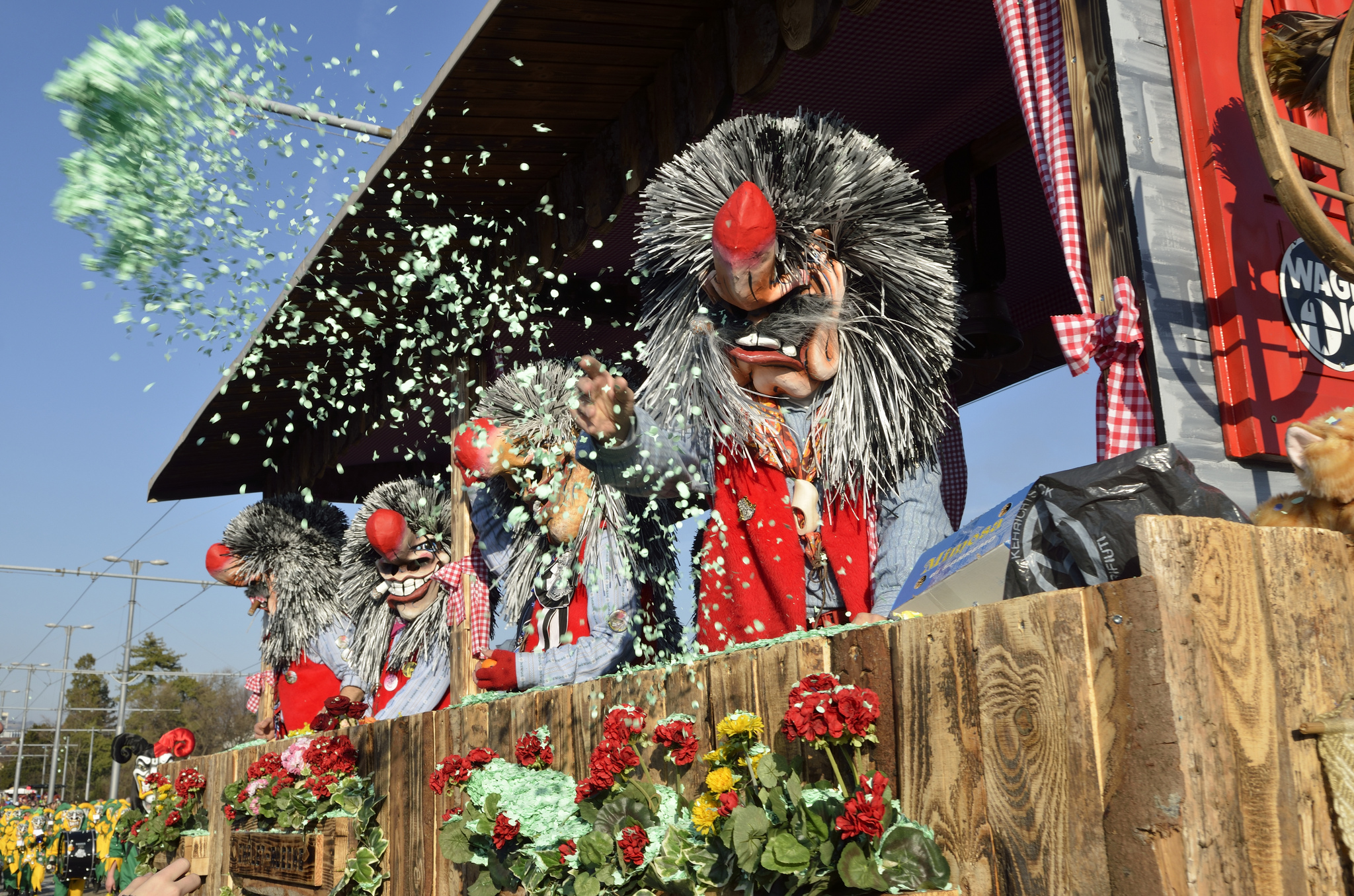There is no doubt that Basel played a vital role in bringing Reformation to Switzerland. The following is a brief history highlighting some of the main topics of its history…
Wealth and learning were synonymous with Basel prior to and during the time of the Reformation. Scholars at the University of Basel like Wittenbach and Erasmus and evangelical pastors Zwingli, Capito and Hedio had already plowed the ground for the seeds of the Reformation to be sown. In his teaching, Wittenbach was promoting the Protestant idea of Justification by faith alone. A humanist, Erasmus relinquished the reins to lead the Reformation movement to others.
So on Oecolampadius fell the mantle to lead the change in Basel. Johannes Œcolampadius (Johann Heussgen/Hussgen/Hauschein, but he changed it to the Greek equivalent oikos, “house,” and lâmpada) was born at Weinsberg in the Electoral Palatinate in 1482, though his mother came from the well-known Basel family of Pfister. An unusually brilliant scholar, he studied law in Bologna and theology at Heidelberg. Second only to Zwingli, Oecolampaidius’ relationship to Zwingli has been compared to Melanchton (and Luther) and Beza (and Calvin).
The Bishop of Basel, Christoph von Utenheim, who initially wanted to champion the cause of the Reformation, issued him a call to pastor in Basel. Later, following the Diet of Worms, the Bishop withdrew his offer.
At Basel, Oecolampadius became friends with Erasmus and was a great help to Erasmus in translating the New Testament from Greek. However, Oecolampaidius’ desire to adopt Reformation thought changed the course of their friendship. This zeal showed in his protest of including humorous stories in the Easter message, a common practice among the clergy in Basel at the time.
In 1520, Oecolampadius accepted a call to a church in Augsburg, Germany. There he was surrounded by the teaching of Luther and became more convinced of the truth of Luther’s teaching regarding transubstantiation, Mariolatry, and the abuses of the confessional. This led to a severe self-examination that he undertook by joining a monastery.
Unfortunately, Oecolampadius’ adoption of Zwingli’s view on the Lord’s Supper put Luther and him on opposite sides when they met personally at Marburg in 1529.
Following his stay in Germany, Oecolampadius returned permanently in 1522 to Basel as pastor of St. Martin’s Church and later in 1523 he accepted the position of reader (of the Bible) at the University of Basel. That same year he started writing against what he considered gross ecclesiastical abuses. He became Zwingli’s assistant and after several challenges to popular theological thought, his friends and he changed the convictions of the Basel authorities in favor of the Reformation.
Oecolampadius’ preaching drew many to church or wherever he spoke. Through his fervor and dedication, he got rid of what he considered many superstitious practices in the church and in 1526 introduced a German liturgy, although this still retained many of the former Catholic religious elements, including lights on the altar and priestly absolution.
The year 1529 brought more concrete changes when two thousand Protestants joined forces and searched out any religious frescoes, icons, or images and destroyed them. This move brought forth much disgust from Erasmus, whose humanist views had provided help for the Reformation movement. However, through this event, the simple worship service used in Zurich was adopted.
Leaving Basel in protest in April 1529, Erasmus lived in discontent in Freiburg, Germany, for six years before returning to Basel in August 1535. He died without any pastor or priest by his side, but it is claimed that Erasmus repeatedly called on the mercy of Christ, saying over and over again, “O Lord Jesus, have mercy on me.” He is buried in the Münster of Basel.
With the removal of the papacy and masses, the preaching of the simple message of the Gospel—Christ and his redeeming power—did much to avert what could have been a historical tragedy. Services were held in the common, understandable language of German instead of Latin.
Though not on the same level as Luther or Calvin, nor even Zwingli, Oecolampadius is still credited with being a major player in Basel and Switzerland for the Reformation in the country. He died on November 23, 1531.
Due to the persecution of Protestants in France, Calvin moved to Basel. It was here that he published Institutes of the Christian Religion in 1536, eventually establishing himself in Geneva and strengthening the Reformation movement there.

